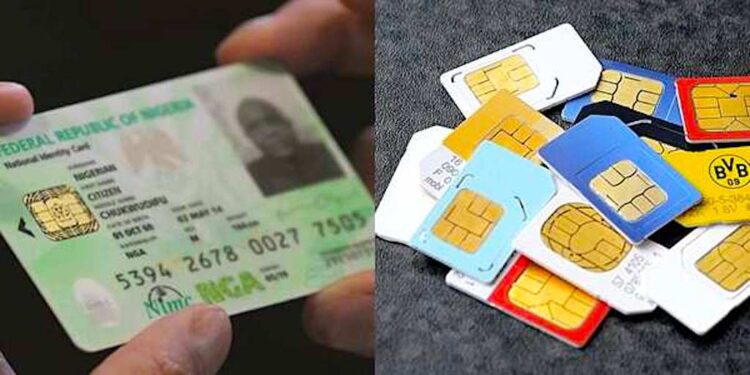By Mohammed Abiodun
Many Nigerians do not know the name Chukwudumeme Onwuamadike. But they are sure to have heard and know his alias: Evans, the Billionaire kidnapper. On Saturday 10th June 2017, the Nigerian Police, with over 20 operatives stormed a mansion in Magodo, home to the vicious criminal and now convicted kidnapper and armed robber, Evans, picking him up and ending the reign of an underground network of kidnappers that tormented Lagos and most of the South Western parts of Nigeria.
For many, it could have been the biggest security achievement of the decade: Evans had evaded every sting operation that had been carried out on him for years. There was the myth that was told of how he would disappear upon near apprehension by security forces. But on this fateful Saturday, Evans met his Waterloo. He had committed the most heinous crimes, murdered several of his victims, and collected billions in ransom before he was apprehended.
As was expected, Evans was charged to court, remanded, and placed on trial, and on the 25th of February, 2022 was convicted and sentenced to life imprisonment.
But what do “Evans the kidnapper” and Nigeria’s NIN-SIM linkage drive have in common? Two things: One, the Federal Government, as a strategy to combat the activities of kidnappers like Evans, among other intents promulgated a policy that mandated all SIM owners to link their lines with their National Identity Number (NIN). By linking SIM cards to a national identity where biometrics of the individual were available on demand to security agencies, it would become easier to track criminals, like kidnappers who through their phone lines demand ransom from family members of their victims.
The second thing that Evans the kidnapper has in common with Nigeria’s NIN-SIM linkage drive is the intersection of a certain lawyer named Barr. Olukoya Ogungbeje who represented Evans during his trial and has currently instituted a case against the Federal Government of Nigeria challenging its decision to have all SIM cards linked to a NIN within a time frame. This is the case of a man who is going in the opposite direction of the public interest.
Last week I stumbled on a news report on the case that he was suing the Federal Government for barring lines that did not link their NIN to their numbers, and also requesting 10 billion Naira as damages for inconvenience, discomfort, and loss of business opportunities. It did not make any sense to me. For over two years, the government had called on all citizens to go and link their lines. It had extended the deadline eight times within that two-year period. Anyone who had failed to do so, for me, was either too lazy or was evading the capture of their identity into the government’s database.
The linkage of SIM to NIN is a government policy aimed at tackling terrorism, banditry, kidnapping, and other criminal activities that leverage anonymity of communication. Every well-meaning Nigerian ordinarily supports the implementation of this policy, especially when you understand that the benefits far outweigh the stress of spending 10 to 20 minutes linking your NIN to your SIM.
Given Nigeria’s security challenges, the conversation on NIN-SIM linkage is a no-brainer. The only persons who stand to profit against the linkage of SIMs to NINs are the members of the underworld. They are the ones who need the anonymity of calls; with no identity tied to SIM cards, fraudsters can commit heinous crimes on the internet and get away with it. Kidnappers like Evans are happy not to have SIMs linked to NINs—it gives them the luxury to call the families of their victims and demand ransom with their identities hidden from the watch of the government. This is what criminals want, and it is unfortunate that Barr. Olukoya Ogungbeje has taken this inglorious path that serves the interests of thieves, kidnappers, and criminals in Nigeria.
This lawyers actions are tantamount to going against traffic on a one-way road. Everyone has said this is a solution that works to keep us safe, but a self-acclaimed activist believes that it would bring about a “loss of business opportunities.” The question I am asking is, which business opportunities is this lawyer going to lose?
A friend of mine, on hearing that the same lawyer that stood for Evans the kidnapper was suing the government to challenge the NIN-SIM policy targeting kidnappers, immediately quipped, “Only those who profit from insecurity can take this kind of stance.” I agree with him!
The Federal Government must not take this matter with kids glove. A man who shows up to challenge the government when it puts policies in place to tackle kidnapping has questions to answer before the security agencies of the country.
As a matter of national security and interest, the National Security apparatus of Nigeria needs to immediately take this matter serious and commence an investigation into Barr. Olukoya Ogungbeje and those whose interests he pursues.
Mohammed Abiodun, writes from Abuja

































